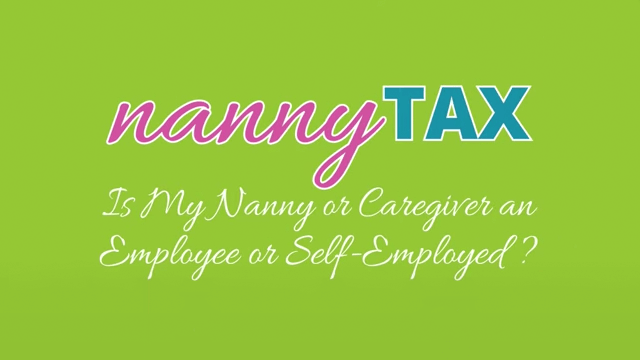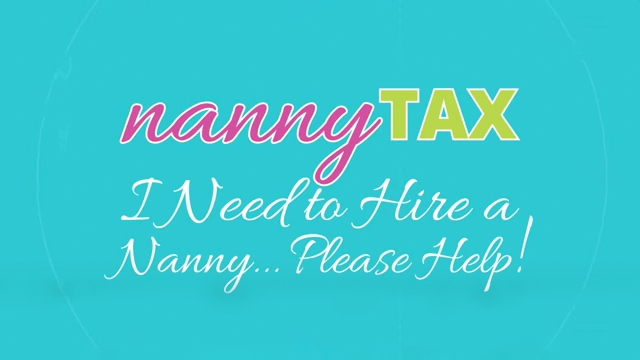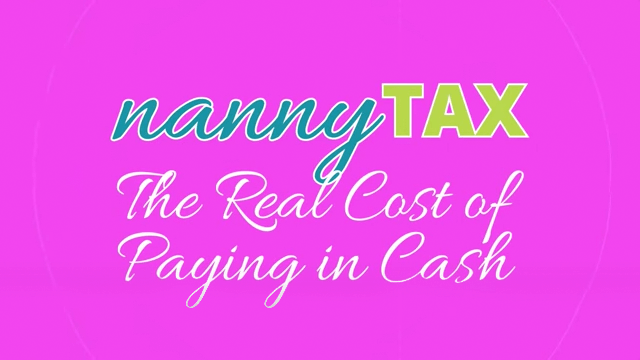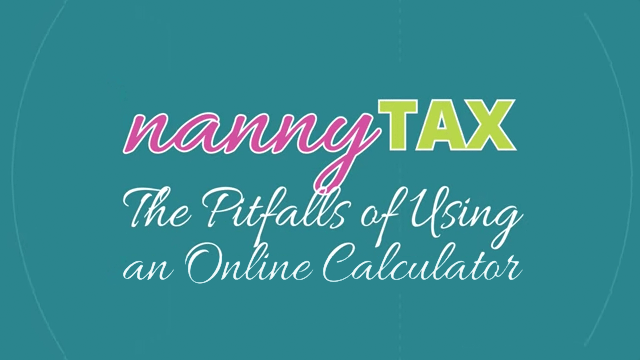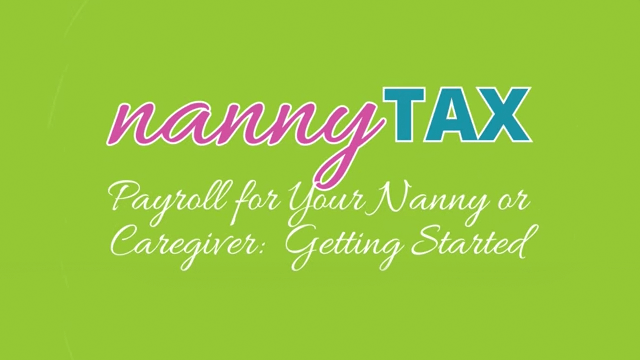
Eldercare Series: Should You Sign a Power of Attorney Form at the Bank or Open a Joint Account with Your Elder?
Even if you currently have medical or financial Power of Attorney for your aging loved one, banks and financial institutions may have their own version of these forms that they may ask you to sign. It’s up to you, your loved one, and your legal advisors if you sign them or not, or if you go a different route such as opening up a joint account.
According to Government of Canada website, “If you already have your own Power of Attorney that gives your attorney authority over all of your financial affairs, including accounts with that financial institution, it likely isn’t necessary for you to sign the bank’s form.”
Why would you need to sign the bank’s Power of Attorney forms or open up a joint account?
While many older adults are able to pay their bills on time, pay for things they need, and have no trouble budgeting money, your ageing parent may not be able to. If you find yourself handling your elder’s money on a regular basis and you currently don’t hold Power of Attorney for them, you may need to take steps to keep it legal so that problems don’t arise later on.
Should you and your elder sign the bank’s forms?
Before signing anything, make sure you have your legal advisors look over the form. In some cases, signing their form could cancel out a Power of Attorney that is already in place. Also, both you and your elder must be mentally capable at the time of signing, which can cause some issues if your elder has memory problems, mental issues, or a diagnosis such as Alzheimer’s.
Many people who don’t already have the legal forms stating that they are their elder’s Attorney skip the bank’s versions of these forms, and instead open up a joint account with both parties as account owners. This means that both account holders can withdraw money, no matter who made the deposits, and you are both responsible for any fees involved or if the account becomes overdrawn.
There are several risks to consider regarding sharing a joint account with your elder:
- Depending on where you live, such as in Québec, if one owner passes away the account and money will become frozen and there is no way to prevent this.
- This can also happen no matter location if you two didn’t sign a right of survivor form. This form allows the other person to have sole ownership of the account if one owner passes.
- Even with this form, another relative or person can challenge your ownership of the account and claim that they should be the one to inherit the account.
- If you or your loved one gets divorced, the spouse could try to claim the money in the account, even if they aren’t listed as an owner.
- If either party has financial problems, owes creditors, or files for bankruptcy, the money can be seized to pay debts, no matter who the money really belongs to.
The best thing you can do is work with your legal advisors to make sure that all of your bases are covered, that you two make the best financial decisions for your specific situations, and that you won’t be locked out of making decisions about money if something should happen to your loved one. Your legal advisor may suggest skipping the bank’s forms, skipping the joint account, and instead go through the process of getting an enduring or continuing Power of Attorney. Unless you seek out legal help, you won’t know which option is the best for your elder.
Photo courtesy of Juli on Flickr.






